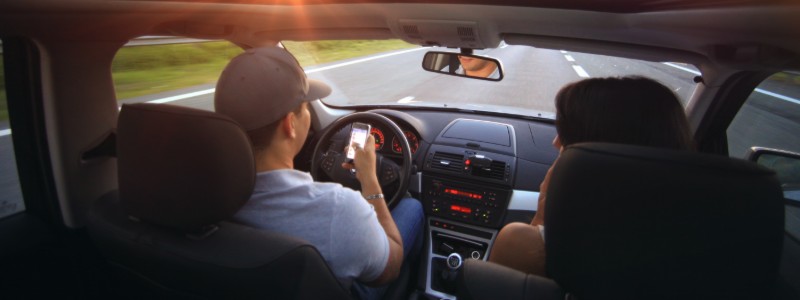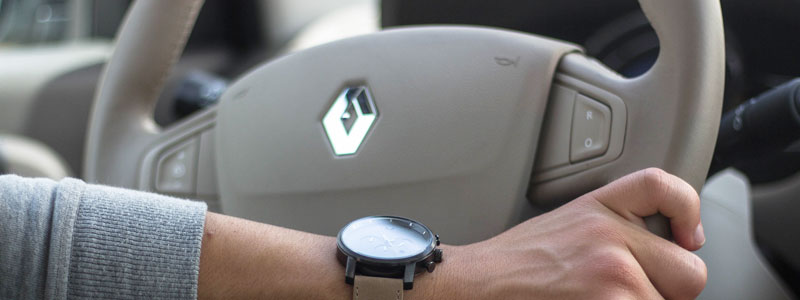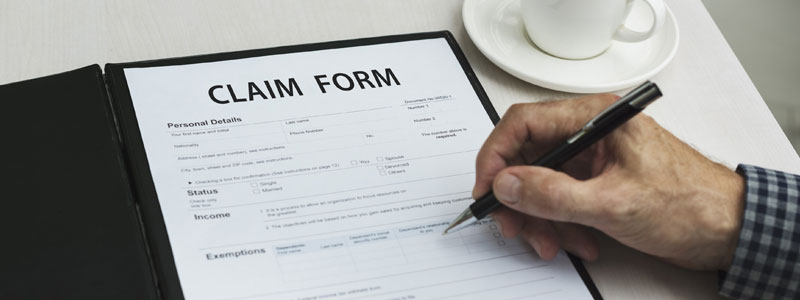Can I Sue a Family Member for Damages After a Car Accident?
Dealing with insurance is bad enough. Dealing with your family member’s insurance can be even worse. If you were a passenger in your parent’s car during a car accident, do you have to sue your parent for compensation? The Indiana Guest Statute protects some family members from liability in injury cases involving motor vehicles. If […]

August 29, 2019

Dealing with insurance is bad enough. Dealing with your family member’s insurance can be even worse.
If you were a passenger in your parent’s car during a car accident, do you have to sue your parent for compensation? The Indiana Guest Statute protects some family members from liability in injury cases involving motor vehicles.
If you were an injured as a passenger in your parent’s car accident, the Guest Statute would prevent you from holding your parent liable for your injuries unless the car accident was caused by their willful or wanton misconduct.
What is Indiana’s Guest Statute?

The Indiana Guest Statute protects drivers of motor vehicles from liability for injuries or death if they are transporting their:
- parent
- spouse
- child or stepchild
- sibling
- or a hitchhiker
There are only two exceptions. First, they are not excused from liability if the injuries or death was caused by their willful or wanton conduct. Second, they are not excused from liability if the passenger paid for transportation.
One purpose of the Guest Statute is to prevent insurance fraud. If your family member’s negligence caused the accident, they’ll have to use their own insurance to cover repairs and medical bills, or pay out of their own pocket. The Guest Statute prevents you from recovering damages through your family member’s insurance and then sharing that money with your parents.
However, if the other driver was at fault for the injury but had limited or no insurance coverage, then the Guest Statute wouldn’t prevent you from filing a underinsured or uninsured claim with your parent’s insurance.
Were They Reckless or Negligent?

If the other driver is at fault for the car accident involving you and your family member, then you could hold them liable and collect damages from their insurance policy.
However, if your family member is at fault for the accident, you could only hold them liable for your injuries if they were reckless or willfully caused the accident. If they were negligent, you could not hold them liable.
Let’s say your sibling didn’t stop at a red light and was hit by another driver who had a green light. Here’s how negligence and wanton conduct could look like in that situation:
Negligent driving: your sibling was distracted and didn’t notice the light had turned red. Under the Guest Statute, you could not hold your sibling liable for your injuries.
Reckless driving: your sibling intentionally ignored the red light and drove full speed through the intersection. Because they willfully drove through the stoplight, they would be liable for your injuries.
If Your Family Member Isn’t Liable, How Do You Recover Damages?

Indiana is a fault state, which means liability in a car accident is divided between the drivers involved in the crash. If a driver is found to be 51 percent or more at fault, their auto insurance must cover the damages of the other driver(s).
If your parent was less than 50 percent at fault for the car accident, then you could collect damages through the at-fault driver’s insurance by filing a personal injury claim. Recovered damages could include medical bills, property damage, pain and suffering, and lost wages.
If your parent was at fault because of willful or wanton conduct, then you could hold them liable for your injuries. You would file a personal injury claim through your family member’s insurance company to recover any damages.
Unfortunately if your family member was merely negligent, you cannot recover damages through their insurance. But you can get compensation from some of your personal policies.
You can cover your medical bills through your own health insurance. If you had any other insured personal property in the car with you, you could also recover property damage through those policies. And if your parent was driving your car at the time of the accident, your auto insurance will hopefully cover the cost of repairs.
But because you cannot actually sue the negligent party’s liability carrier, you would not be able to recover lost wages or pain and suffering.
Help from a Personal Injury Attorney
Recovering damages after a car accident can be an emotional process, especially if the liable party is a family member.
If you were injured while riding as a passenger in a family member’s vehicle, a personal injury attorney can help determine whether or not the Guest Statute will affect your options for compensation. Please call Hensley Legal Group or contact us online for a free conversation about your claim.
Available 24/7
Free Case Review
You won’t pay any fees until we win your case.
It’s easy - you can: